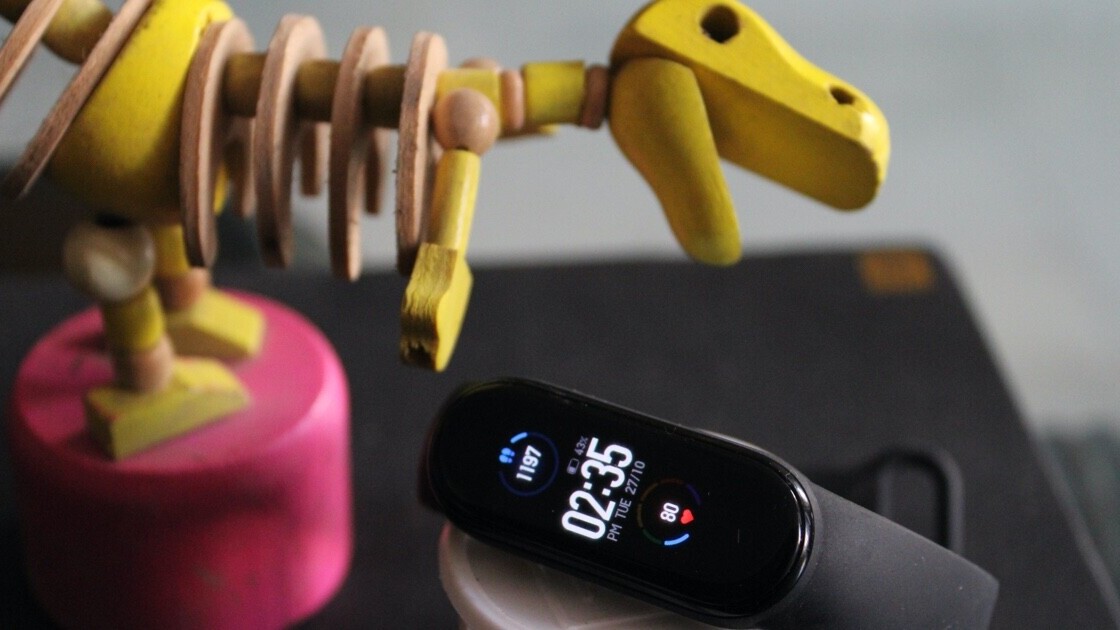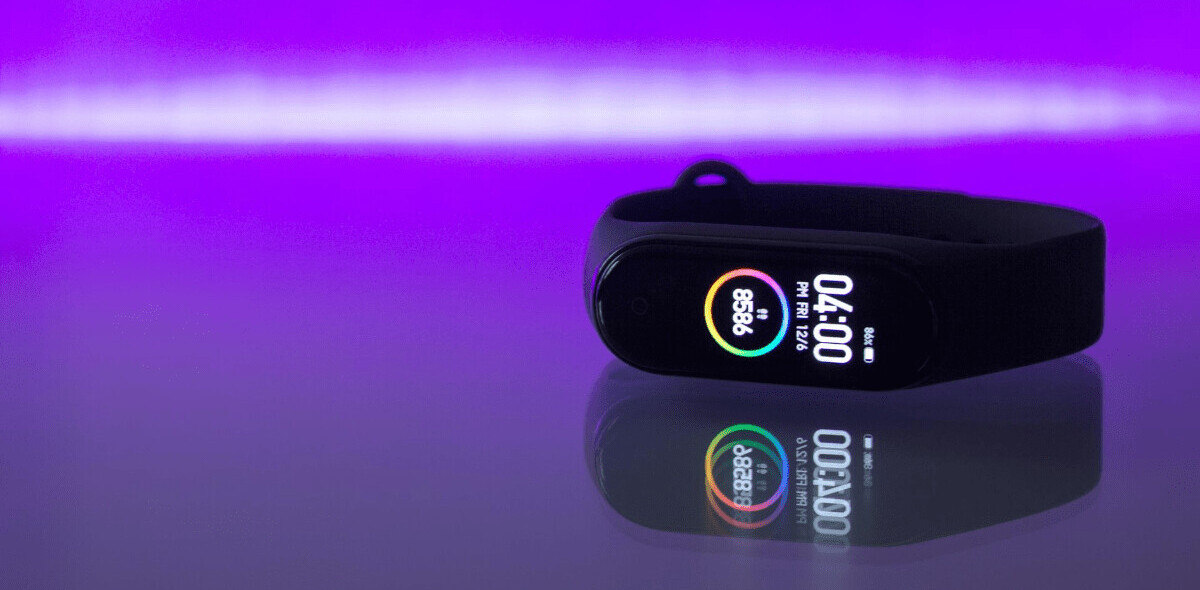
Xiaomi has dominated India’s wearables market thanks to the Mi Band series.. It recently launched an entry-level Redmi Band — priced at ₹1,599 ($22) — that’s ideal for someone who’s just starting their fitness journey and doesn’t want to spend big bucks.
Weeks after that, the company launched the fifth generation of its Mi Band for Rs. 2,499 ($32) — not a whole lot expensive compared to the Redmi Band.
I’ve been using the Mi Band 5 fitness tracker for more than two weeks and I hardly have any complaints. I’m super impressed by the features and battery life it offers at this price point. I might be recommending this band to a lot of people.
Design and features
If you’ve seen the Mi Band 4 in person or in product images, you might not find the newer generation device too different. The Mi Band 5 comes with a 20% larger AMOLED display measuring 1.1-inches as compared to the 0.95-inches display on its predecessor.
The best change Xiaomi has brought to the Mi Band 5 is the charging method. In earlier versions, you had to yank the capsule out of the band casing to park it in the charger to juice it up.

Now, you don’t need to endure all that hassle. The new charging design allows you to insert the pin in the back of the band and plug it into any USB slot.
The new band has advertised 14-day battery life as compared to the 20-day battery life of the Mi Band 4. But a slightly bigger screen and new tracking features are worth the slump. And you’ll only have to charge the device twice in a month — not a bad deal at all.
The Mi Band 5 is also water-resistant for up to 5 ATM pressure or 50 m deep water. So, you can wear it while showering or swimming without breaking a sweat.
Performance
The Mi Band 5 screen is perfectly bright for daily usage and readings are legible even in sunlight. However, if you want to adjust the brightness, you’d have to do it manually as there’s no ambient light sensor.
While the device can get notifications from your phone, I decided not to use it because of the narrow display.
Xiaomi has introduced a new activity score called PAI (Personal Activity Intelligence) with the Mi Band 5. While the score takes measures such as age, gender, height, and weight into consideration, it largely depends on your heart rate.
So, you’ll earn a higher score if you’re performing heart-pumping exercises such as running or HIIT (High-Intensity Interval Training). However, if you’re performing more muscle-focused exercises, you won’t register a higher PAI score, but that doesn’t mean you should ignore those.

The band offers 11 sports modes, but a lot of them require a machine for tracking. So, I’ve mostly used outdoor running, walking, and freestyle modes to track my workouts.
The device also has sleep tracking, but I usually take my band off at night. Xiaomi claims that it automatically also detects naps, and I often take 15-minute power naps in the afternoon when I’m feeling groggy. But the band didn’t register any of these naps.
The battery life on the Mi Band 5 is praiseworthy and I managed to make it just past 14 days before needing to re-charge.
Who’s it for?
The Xiaomi Mi Band 5 is ideal for anyone who doesn’t have super specific fitness goals such as training for 10K runs. The series has evolved from being a basic step tracker to a fitness tracker for anyone who wants to stay healthy.
PAI is a unique way to ensure you stay active, and that doesn’t mean just logging your daily steps.
If you’re willing to spend a bit more than the Redmi Band’s price, it’s totally worth it for good battery life and much better tracking. Plus, it’s an excellent money-saving alternative to Fitbit Inspire HR which retails for $115. There’s not much to complain about.
Get the TNW newsletter
Get the most important tech news in your inbox each week.




